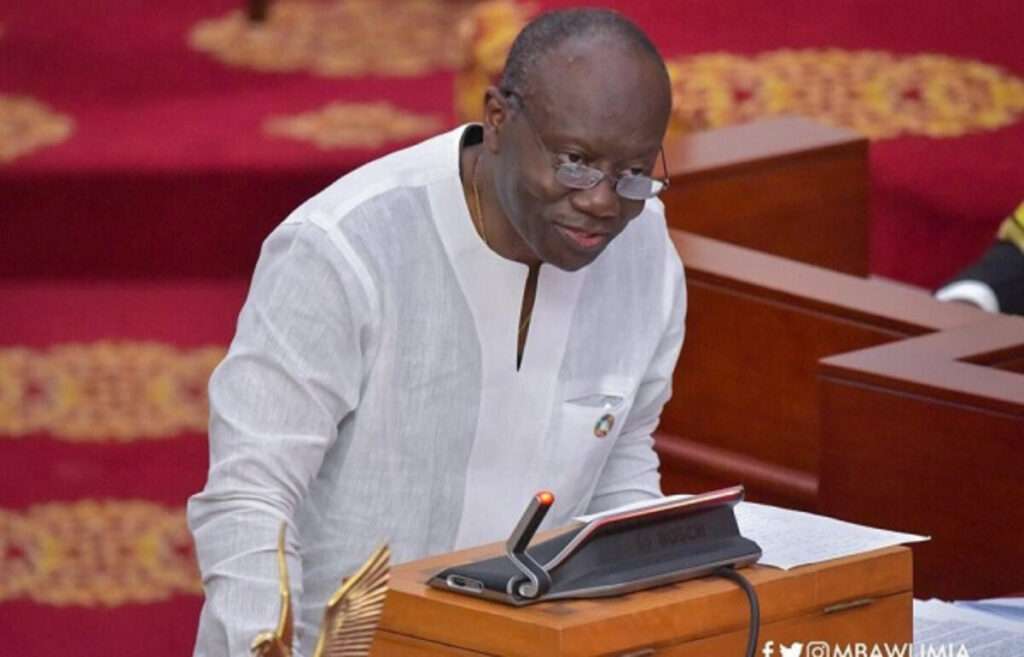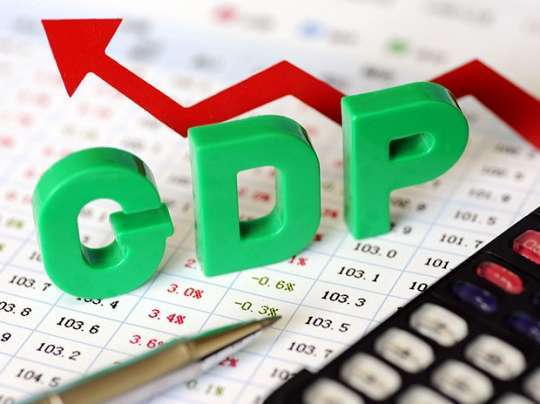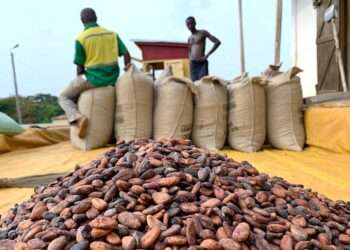The Government of Ghana has lowered its expectations on the country’s pace of recovery this year following developments in both the domestic and external economies.
Ghana, West Africa’s second largest economy, is now projected to expand by 4.4 percent in 2021, a 0.7 percentage points lower than the revised growth target of 5.1 percent.
After a sluggish growth of 0.4 percent in 2020, Government initially expected the economy to rebound stronger at 5.0 percent and this was revised upwards to 5.1 percent in March 2021. An average growth of 3.5 percent in the first half of 2021, however, forced the government to lower its expectations on the country’s growth rate for the rest of the year.
Over the medium-term covering the period 2022-2025, Real GDP is projected to grow at an average of 5.6 percent—with yearly growth rates of 5.8 percent. Government expects the economy to pick up strongly next year, expanding at 5.4 percent in 2022. Real GDP, excluding the oil and gas sector, is estimated to grow at 5.9 percent in 2021, and also projected to grow at an average of 5.9 percent over the medium-term.
The recent revision by the Government of Ghana is now in line with the forecast by major international institutions and ratings agencies. For instance, the IMF forecasted 4.7 percent growth for Ghana, Fitch pitched the growth rate at 4.8 percent whilst the World Bank forecast 4.9 percent GDP growth for Ghana this year.
Sectoral GDP Growth
All but one of the major sectors of the Ghanaian economy are expected to expand this year. According to Finance Minister, Ken Ofori-Atta, the Agriculture sector is expected to grow at 5.3 percent in 2021 and maintain the same growth rate in 2022. Over the medium-term, the sector growth is expected to stabilize at 5.5 percent from 2023 to 2025.
Government expects the growth in the agriculture sector to be driven by supportive interventions in the Crops and Fishing sub-sectors, boosted by its Planting for Food & Jobs Programme.

The Industry sector, according to Mr. Ofori-Atta, is expected to contract by 0.5 percent in 2021, based on sharp declines in petroleum and gold production.
“The seemingly negative growth in gold production largely emanates from the use of gold exports to proxy gold production due to lack of data on gold production. The Sector, however, is expected to recover sharply with a growth of 6.3 percent in 2022. The recovery is expected to be sustained and robust with an average medium-term growth of 5.9 percent, based on yearly performances of 5.6 percent, 5.0 percent, and 7.1 percent in 2023, 2024, and 2025, respectively”.
Ken Ofori-Atta
Hon. Ofori-Atta explained that an anticipated recovery in the Mining and Quarrying subsector, which includes petroleum, is expected to significantly contribute to the overall recovery of Industry. According to him, the sub-sector is expected to record an improved growth performance of 6.5 percent in 2022, from the expected contraction of 10.5 percent in 2021.
The Services sector is projected to grow at 8.3 percent in 2021, and 5.6 percent in 2022. The sector was severely hit by the pandemic, but a pre-pandemic growth path is expected to be swiftly restored over the medium-term, Mr. Ofori-Atta assured Parliament.
The sector is expected to record an average growth rate of 5.4 percent over the medium-term, based on yearly growth rates of 5.2 percent, 5.4 percent, and 5.5 percent in 2023, 2024, and 2025, respectively.
READ ALSO: Government Abolishes Road Tolls- Finance Minister Announces





















